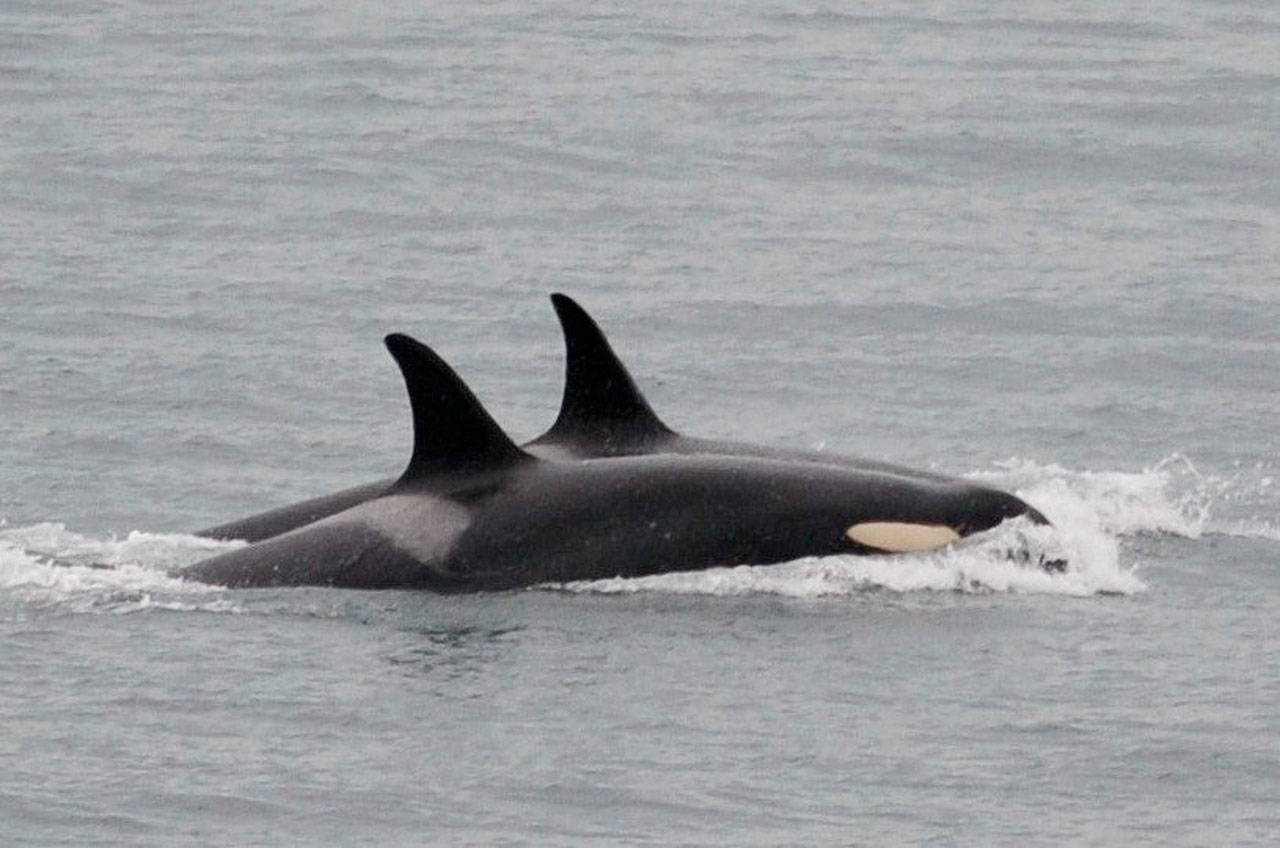By The Herald Editorial Board
Known usually for their finger-wagging — often appropriately — the state’s environmental advocates are instead using those fingers for high-fives regarding much of the work achieved during the Washington Legislature’s recently completed session on a range of green legislation addressing issues of pollution, energy efficiency, habitat protection and cleanup and steps toward confronting climate change.
The session, said Darcy Nonemacher with the Environmental Policies Coalition, signaled a new direction for the environment: “Because of the remarkable work done this year, our kids’ air will be cleaner, our streams and Puget Sound will be healthier, and Washington is once again a leader for the rest of the country in the fight against climate change.”
Joan Crooks, chief executive for Washington Conservation Voters, in a statement voiced agreement with the session’s accomplishments, crediting November’s election of scores of environment-minded lawmakers: “People called for environmental progress and Washington just delivered.”
With only a few exceptions of worthy bills that didn’t advance, lawmakers during its 90-day session, adopted legislation and made budget investments — much of it with bipartisan support — that warrants recognition. (Investigate West, a nonprofit journalism effort, provides a thorough list of what was and wasn’t accomplished at tinyurl.com/IWgreenbills.)
High-fives all around then for:
Climate change
SB 5116, creating the strongest clean-electricity standard in the nation, which by 2030 requires all retail sales of electricity to be greenhouse gas-neutral. By 2045, each utility will have to meet 100 percent of its retail electric load from non-emitting and renewable sources.
Regarding electric vehicles and transit, while specific legislation to advance electric transportation — SB 5336 — didn’t advance, some of its provisions were funded in the budget, including restoration of a $2,500 sales tax break for fully electric and plug-in hybrid cars cars that expired last year. The tax break was paired with an increase in license tab fees for those vehicles and a $75 annual surcharge for hybrids, which recognizes that such vehicles partially or completely escape payment of the tax on fuels.
There’s also $450,000 in funding for recommendations that would help local and state governments begin to meet the Legislature’s 2007 mandate to move their vehicle fleets to electrics, taking advantage of the cost-savings and reducing carbon emissions.
HB 1257, which address building energy efficiency by requiring the state to set efficiency standards and develop incentives for commercial buildings, require electric-vehicle charging stations for on-site parking and encourages utilities to develop renewable natural gas programs.
HB 1112, which will limit greenhouse gas emissions by restricting the use of hydroflourocarbons and other substances used in refrigeration and cooling.
HB 1444, which sets efficiency and testing standards for household and commercial appliances and electric water heaters.
HB 1114, which seeks to reduce food waste through reduction and diversion programs — addressing hunger and reducing environmental impacts — by 50 percent by 2030 from 2015 levels.
SB 5001, which will allow a final act of gardening, will permit licensed providers to compost human remains, avoiding other dispositions that involve chemicals or cremation’s carbon emissions.
Among the misses on climate change, a bill that passed the House but didn’t advance in the Senate, HB 1110, would have set a clean-fuels standard, reducing the carbon intensity of petroleum fuels and establishing a carbon-trading system, modeled after similar programs in California, Oregon and British Columbia.
Parks and public lands
The Washington Wildlife and Recreation Program, will see a significant increase in support, $85 million, funding that is paired with matching or larger support from local governments and organizations for parks and public land projects across the state.
Floodplains by Design received much of what it sought for work that will provide greater flood protection, levees, removal of homes from high-risk floodplains, restoration of salmon habitat, pubic trails and other benefits. Granted $50.4 million of a $70 million initial request, that level of funding includes two projects in Snohomish County on the Skykomish and Stillaguamish rivers.
Orcas and salmon
The results were mixed for the state’s orca whales and the salmon on which they feed. Gov. Jay Inslee had requested more than $1 billion to implement some of the recommendations of a state panel on restoring the dwindling populations of the Southern Resident killer whales and chinook salmon, including $275 million for work to replace the culverts that block salmon streams; legislators provided just $100 million, even though the state faces a U.S. Supreme Court mandate to fix culverts by 2030, estimated to require $3.8 billion in spending.
Lawmakers, however, passed other legislation and made investments that do respond to the panel’s recommendations. Among the bills were legislation to better regulate products containing harmful chemicals that make their way into state waters; measures to reduce the likelihood of oil spills by tankers; new regulations to reduce vessel noise and keep boats at a distance from orca whale pods, rather than a suggested moratorium on whale-watch boats; changes to fishing regulations; and spending on habitat restoration for streams and estuaries.
And while debate continues on the suggestion to remove four hydroelectric dams on the lower Snake River in Washington State to restore miles of salmon-spawning habitat, lawmakers allocated $750,000 for a public process that will consider the impacts and ways to mitigate the effects of the dams’ removal.
Much of what was adopted this session will require further work and investments in the future, but lawmakers deserve thanks for making Washington much greener.
Talk to us
> Give us your news tips.
> Send us a letter to the editor.
> More Herald contact information.

























